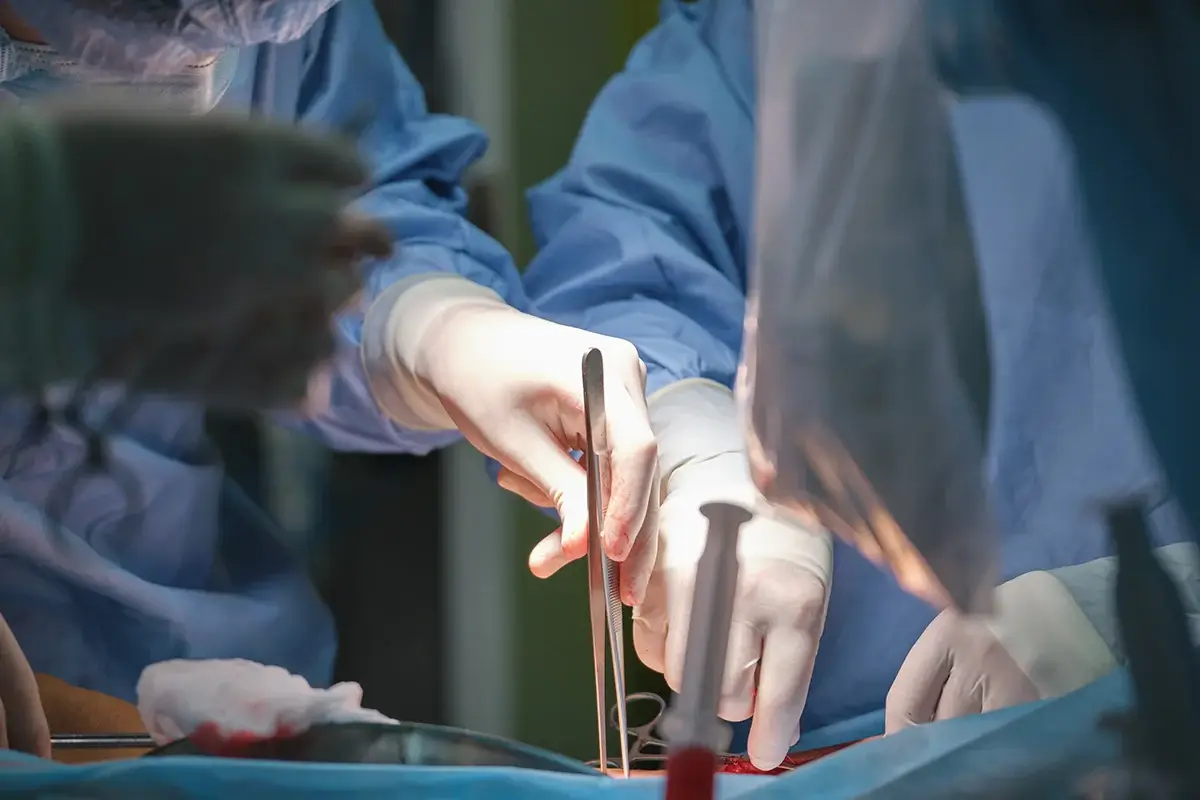You need painkillers after surgery to overcome aches and for a better healing process. But not all painkillers are best for your health after surgery, like ibuprofen. In this blog, we will tell you why ibuprofen shouldn’t be consumed after surgery. Stay tuned for more information.
Ibuprofen belongs to an NSAID group (non-steroidal anti-inflammatory drug) that treats acute pain, fever, menstrual cramps, migraine, rheumatoid arthritis, toothache and inflammatory diseases. The drug is also given for curing minor injuries. Ibuprofen produces chemicals that reduce those hormones in the body that cause inflammation and pain. It is given to children from the age of 6 months to adults. The dose typically depends on the situation of the patient, but it begins to work within an hour of taking the dose.
Ibuprofen Shouldn’t Be Taken After Surgery
If you take ibuprofen before or after your surgery, you may face several issues, which are discussed below:
The drug can thin your blood which leads to the bleeding risk. The blood provides oxygen and nutrients to your organs that help them function properly. When the blood is lost or wasted (during or after surgery), your organs stop working, resulting in organ damage or failure. This situation can even lead to death.
Ibuprofen can cause swelling in different body parts, specifically in the legs, feet, and ankles. Taking this medicine for healing treatment can actually delay the healing process. Kidney problems can also occur due to the use of this medicine.
Ibuprofen may be used for reducing pain, but it is not a good idea to take it right after your surgery; you may be allowed by your surgeon to take the drug after at least 10 days of your surgery. This medicine is prescribed to patients with normal blood pressure and when they undergo any other surgery.
What Should You Do If You Take Ibuprofen After Surgery?
Taking ibuprofen after surgery may cause the aforementioned disorders. Perform the following steps to reduce the effects of these diseases.
If you took it mistakenly, you should immediately call your surgeon and let him know about your situation. He will prescribe you other medications. Alongside, make sure to take them according to the instructions provided.
Change your diet to healthy eating as it helps to overcome the side effects of the medicine, and do not eat extra meals.
Keep a check on your blood pressure. In case you have high blood pressure, do not take any pill to lower your blood pressure without asking your doctor.
Stay hydrated and frequently urinate, as many toxins are excreted through urine.
Ibuprofen And Plastic Surgery
An analysis was performed on about 400+ patients who had plastic surgery. Half of the patients were assigned ibuprofen (400mg after every four hours), while the other half were prescribed codeine. They started their treatment before surgery and ended it after two weeks of surgery.
This analysis showed that patients who were consuming ibuprofen had better control of pain than the other patients taking codeine. The drug also avoided the high risk of bleeding in those patients taking ibuprofen.
Hence, ibuprofen is considered the safe and most effective medicine in treating plastic surgery.
For a specific type of surgery pain, it is better to get a proper consultation with a doctor. (PubMed)
How Should You Take Ibuprofen After Plastic Surgery?
To start your treatment with ibuprofen after plastic surgery, you must take care of certain things. You can prevent further complications by taking precautionary measures.
Do not take a double dose or heavy-strength tablet of ibuprofen. It can destroy your stomach and intestines and cause allergic reactions in the parts where you had surgery. The maximum dose an adult can take is 800 mg twice a day.
Take the dose with milk or food & do not take it on an empty stomach.
Since oral suspensions are easier to swallow than capsules and tablets, it is preferred to take oral suspension after surgery.
Some Other Questions You Might Thought Of
Here are some other commonly asked questions regarding ibuprofen and surgery with their answers below.
What other reactions do ibuprofen show?
It has also been found that taking ibuprofen shortly after surgery can increase pain in some cases. Additionally, it causes bruises on your skin, and as a result, other medical complications can occur.
Can you take the drug 2 days before surgery?
Most patients take the drug to prevent inflammation before surgery. But it is not recommended to take it even two days before surgery. You have to stop taking it a week before your operation.
How long would it take to eliminate the effects of the pill?
If you took ibuprofen mistakenly after surgery, it would take 24 hours to eliminate its effects entirely from the body. But if it shows side effects during these hours, you must show your doctor immediately. Ibuprofen takes about 24 hours to get put of system.
Is there any drug you can take instead of ibuprofen?
Your surgeon will prescribe you Tylenol or any other painkiller with lighter strength. Any NSAID (ibuprofen, aspirin, naproxen) will never be allowed to you in the early days of surgery.
Can you consume other medicines with ibuprofen after surgery?
You can only consume other medicines with ibuprofen if it is much needed. Your surgeon will tell you if you should take the combination or not. If you’re allowed to consume it, your time span of taking the doses must be 6 hours.
Conclusion
Ibuprofen is the best medicine for curing pain, but only some of the best drugs are recommended during the surgical treatment. Because surgery itself is a complicated treatment and demands high alertness and mere care so you must follow your doctor’s instructions for better health; before any surgery, you should keep yourself aware of everything relating to treatment, surgical bruises, and medications you take and shouldn’t take so you can handle your situation on your own.



 05 Jan 2023
05 Jan 2023


